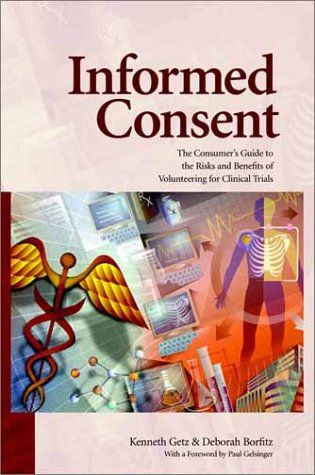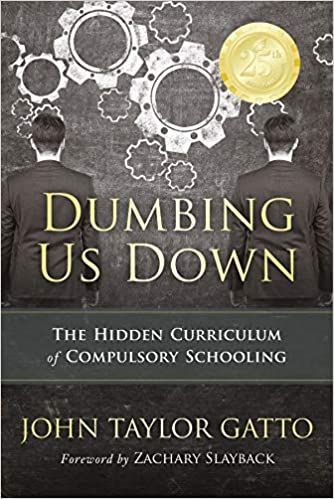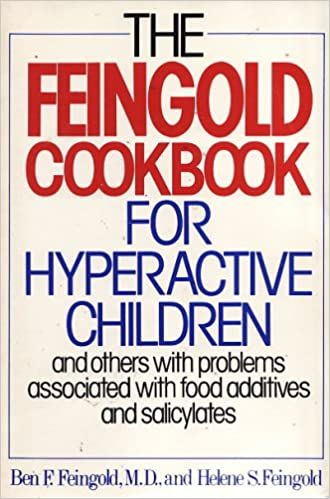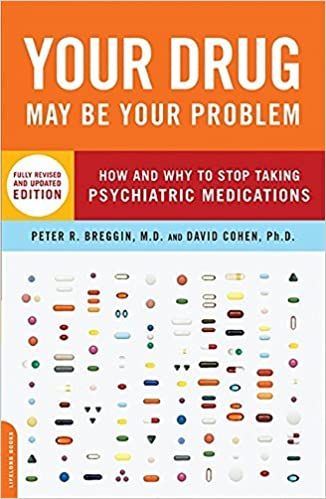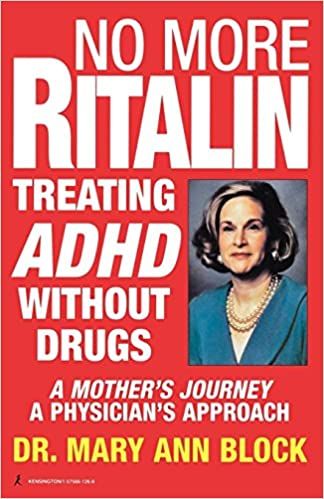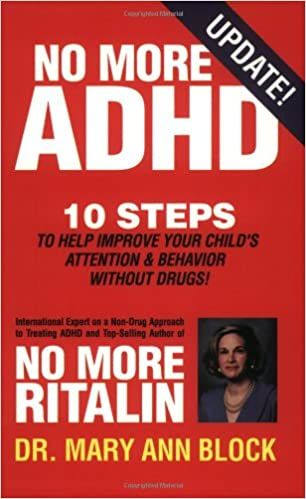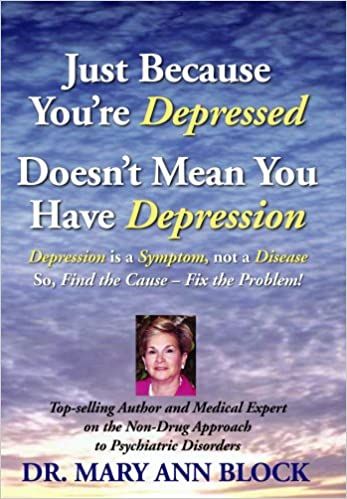Informed Consent: The Consumer’s Guide to the Risks and Benefits of Volunteering for Clinical Trials
The decision to participate in a clinical trial should not be made on a whim or taken lightly. Thankfully, this one-of-a-kind, comprehensive and beyond helpful guide is designed for the very purpose of providing necessary information to patients, their family and advocates before giving consent to volunteer for clinical trials. The guide, written by Ken Getz and Deborah Borfitz, is also designed to help keep participants informed throughout the clinical trial.
Informed Consent: The Consumer’s Guide to the Risks and Benefits of Volunteering for Clinical Trials is an excellent resource for helping patients understand their rights as a clinical trial participant, what the process is like. It also clearly defines what the role is of research professionals, and what participants can expect overall from a clinical trial. The guidebook has been reviewed and acknowledged by research and regulatory experts, patient advocates and consumers.
The book also guides patients on how to find a clinical trial that meets their needs and interests, and how to determine if a trial is right for them. There are specific guidelines in the book for more vulnerable groups of individuals, such as children and the elderly. The guidebook is also a great resource for advice about what clinical trial participants should do when things go wrong, and has a helpful appendix containing reference information.
About the Authors
Ken Getz
Ken Getz is the publisher, president and CEO of Centerwatch, a company that provides a variety of clinical research products and services, including: clinical trials and results, drug approvals, study grants, news and analysis, career and training opportunities for patients and professionals. He is a widely recognized expert on the clinical trial process, having spoken at conferences, published articles in scholarly and trade journals and books, and appeared on major national radio and television programs.
He has served as Director of Sponsored Research Programs and Associate Professor a Tufts CSSD, Tufts University School of Medicine. He is founder and board chair of the Center for information and Study on Clinical Research Participation (CISRP). Getz also sits on several other boards, including the Institute of Medicine’s Clinical Research Roundtable, and the Dors Duke Foundation’s Consortium to Examine Clinical Research Ethics. Getz received his bachelor’s degree from Brandeis University, and his MBA from the J.L. Kellogg Graduate School of Management at Northwestern University.
Deborah Borfitz
Deborah Borfitz has written for numerous health and business periodicals throughout her career, which spans over 30 years. She was a contributing writer for Centerwatch, and now serves as Senior Science Writer at Cambridge Healthtech Institute in Nashville, Tennessee. Other publications she has written for include Strategic Health Care Marketing, eHealthcare Strategy & Trends, and Medical Economics Magazine. Borfitz attended State University of New York College at Cortland and SUNY Oneonta.
Reviews
Carol Saunders, Executive Director, New England Institutional Review Board:
“…A comprehensive and balanced treatment, providing the research participant with the information and tools to make an informed decision.”
Paul Gelsinger, who wrote the foreword for Informed Consent: The Consumer’s Guide to the Risks and Benefits of Volunteering for Clinical Trials:
“This book informs the average human being about what to expect and ask when participating in clinical research.”


